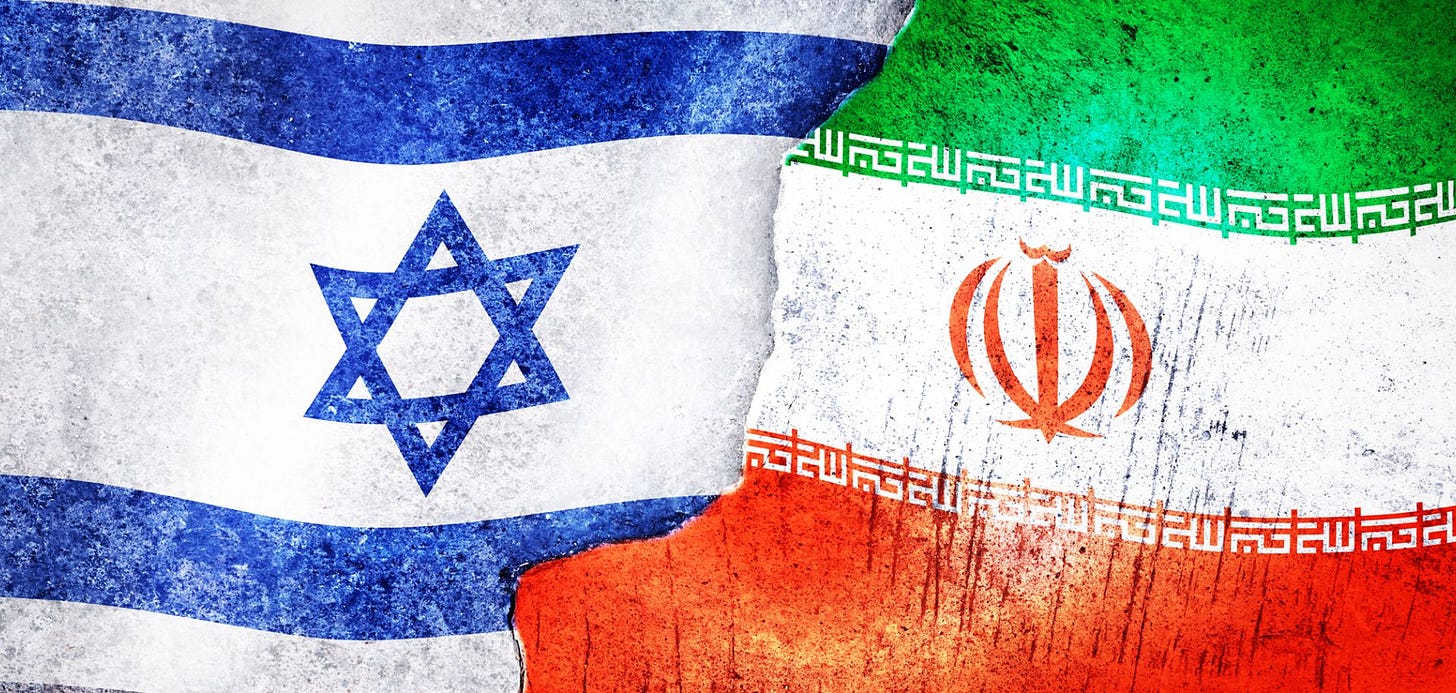The New Cyber Front: How Israel-Iran Cyber Warfare Mirrors the Russia-Ukraine Playbook
The 700% surge in Iranian cyber attacks reveals how modern conflicts have transformed cyberspace into the primary battlefield—and why no organization is safe from the spillover
By James Azar, Host of CyberHub Podcast
If you've been following the cybersecurity landscape over the past three years, you've witnessed something unprecedented: the complete weaponization of cyberspace as a theater of war. What started with Russia's cyber-attacks on Ukraine in 2022 has now become the blueprint for modern conflict. And nowhere is this more evident than in the explosive cyber escalation between Israel and Iran following the June 12, 2025, missile strike on Tehran.
As someone who's been tracking these developments closely on the CyberHub Podcast, I can tell you that what we're seeing isn't just another round of state-sponsored hacking. This is the evolution of warfare itself, where keyboards have become as lethal as kinetic weapons, and critical infrastructure has become the new battlefield.
The Numbers Don't Lie: A 700% Surge in Cyber Attacks
Let's start with the staggering reality of scale. According to Radware's latest threat intelligence, Iranian cyberattacks against Israeli targets surged by 700% immediately following Israel's June 12 airstrike. To put this in perspective, that's not just an uptick—that's a complete transformation of the digital battlefield overnight.




